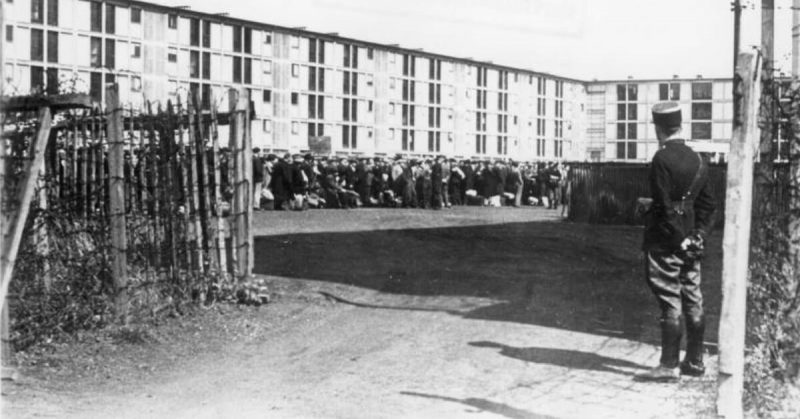Adolf Eichmann is the name that immediately is associated with the atrocities of the Final Solution. Although Eichmann was the man in charge of the transport of millions of people to concentration camps, an army of minions served his cause. They formed the complex industry of death that led to the Holocaust.
One of his most loyal associates whose dreadful fanaticism was beyond belief was Alois Brunner. The Austrian-born Nazi Party member was responsible for the internment, deportation, and execution of Jews all over Europe.
Brunner became a member of the Austrian Nazi Party early; in 1931. In 1938 he joined the SS and was assigned to the staff of the Central Office for Jewish Emigration in Austria. Rising quickly through the ranks due to his cold-blooded stand towards the Jewish community, he was made the director of the Jewish Emigration Office the following year.
During 1939, as the war broke out, he worked closely with Eichmann on the Lublin und Nisko Plan. They intended to form a reservation for Jews in Eastern Europe in an area between those two cities. Belzec, Majdanek, and Sobibor death camps were established there.
Alois Brunner reached infamy in 1942 when he organized large-scale deportations from Austria and Greece. He was responsible for the removal of 46,000 Jews from Vienna and 43,000 more from Salonika.
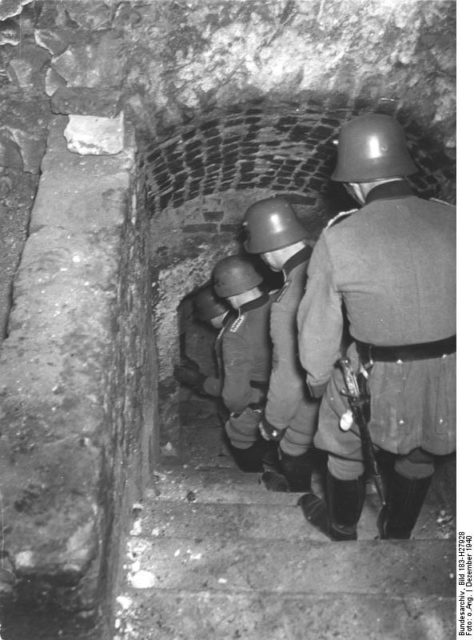
The historian, Gertrude Schneider, was a little girl when she was deported from Vienna to Riga. She told an account of the death of an elderly Jewish financier Siegmund Bosel which illustrates the sadistic nature of Alois Brunner:
Alois Brunner chained Bosel, still in his pajamas, to the platform of the first car—our car—and berated him for having been a profiteer. The old man repeatedly asked for mercy; he was very ill, and it was bitterly cold. Finally, Brunner wearied of the game and shot him. Afterward, he walked into the car and asked whether anyone had heard anything. After being assured that no one had, he seemed satisfied and left.
In 1940, when France fell to the Germans, the Jewish population there numbered 340,000. In 1943 Alois Brunner was appointed as the commander of Drancy internment camp near Paris.
It was the staging ground for the deportation of more than 75,000 French Jews, mostly to Auschwitz and other Nazi death camps. Only 2,500 of them survived. Brunner’s atrocities in France included the arrest and deportation of 345 children from an orphanage near Paris.
In 1944, Brunner was asked by Eichmann to supervise the deportation of 13,500 Jews from Slovakia to Theresienstadt, Sachsenhausen, Bergen-Belsen, and Stutthof. Almost none of those deported survived. The children from the Slovakian group were segregated from the grown ups and sent to Auschwitz where they perished. There are no known accounts of any of them surviving.
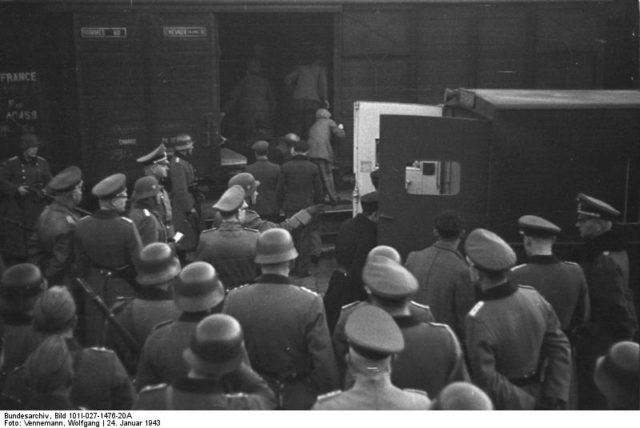
After the war, Brunner escaped Allied captivity, due to a bureaucratic mistake. Alois was not the only Brunner in the SS. There was an Anton Brunner who was also assigned to deportation duties. They were not related. Anton was captured, trialed and sentenced to death.
Alois Brunner did not have his blood-type tattoo, which SS members usually had, and which would have identified him. He escaped to West Germany, using a fake passport and identity.
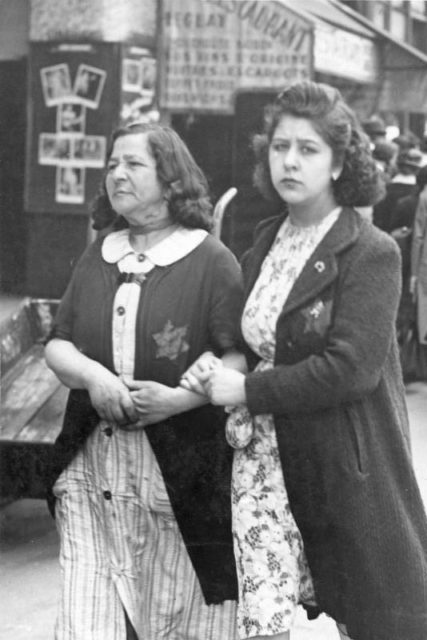
In 1985 the German newspaper, Bunte, published details of an interview Brunner gave them. He claimed he had been assisted by the early West German intelligence service called the Gehlen Organization. He also said he had “received official documents under a false name from American authorities.”
In 1954 Brunner obtained a fake Red Cross passport and fled from West Germany. First, he went to Rome, and then to Egypt. There, he allegedly worked as an arms dealer. His next destination was Syria.
There his alias was Dr. Georg Fischer. It is known Brunner, or Fischer worked as a government advisor; possibly providing information on effective torture and interrogation techniques.
The French authorities were denied entry into Syria to search for him. So too were Nazi Hunters such as Simon Wiesenthal and Serge Klarsfeld.
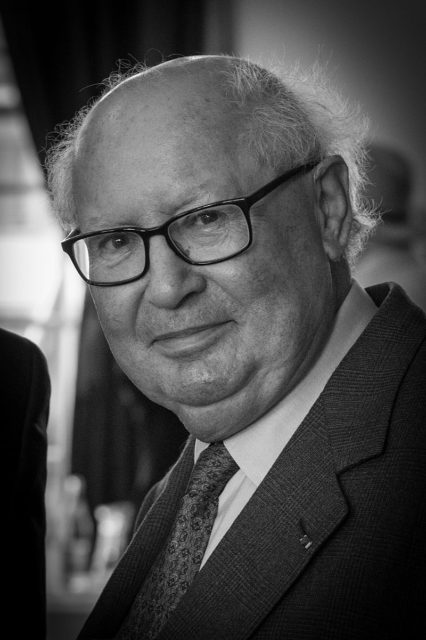
In the late 1980s, the Syrian government under President Hafez al-Assad lost interest in Brunner and was negotiating his extradition with East German officials. The fall of the Berlin Wall in 1989 put an end to that.
Brunner was sentenced to death in absentia in several different trials in both Germany and France.
In 1961 and 1980 Brunner received two letter bombs. The first caused serious damage to his eye, and it had to be removed. The other bomb blew off his left-hand fingers.
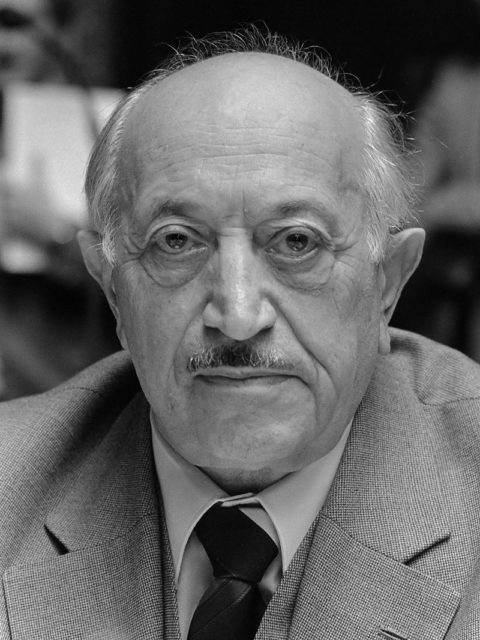
Over the years there were theories as to whether or not Brunner was dead. In 2014 The Simon Wiesenthal Center, dedicated to hunting down surviving Nazi war criminals, declared Alois Brunner had died in 2010 in Syria. He was buried in an unknown location somewhere around Damascus and would have been 97 or 98 years old.
Brunner never answered for his crimes. He never regretted doing them either. In the Bunte interview, he was quoted as saying that all the Jews deserved their fate. In 1987 Alois Brunner gave another interview, via the telephone, to the Chicago Sun-Times saying:
“All of [the Jews] deserved to die because they were the Devil’s agents and human garbage. I have no regrets and would do it again.”
